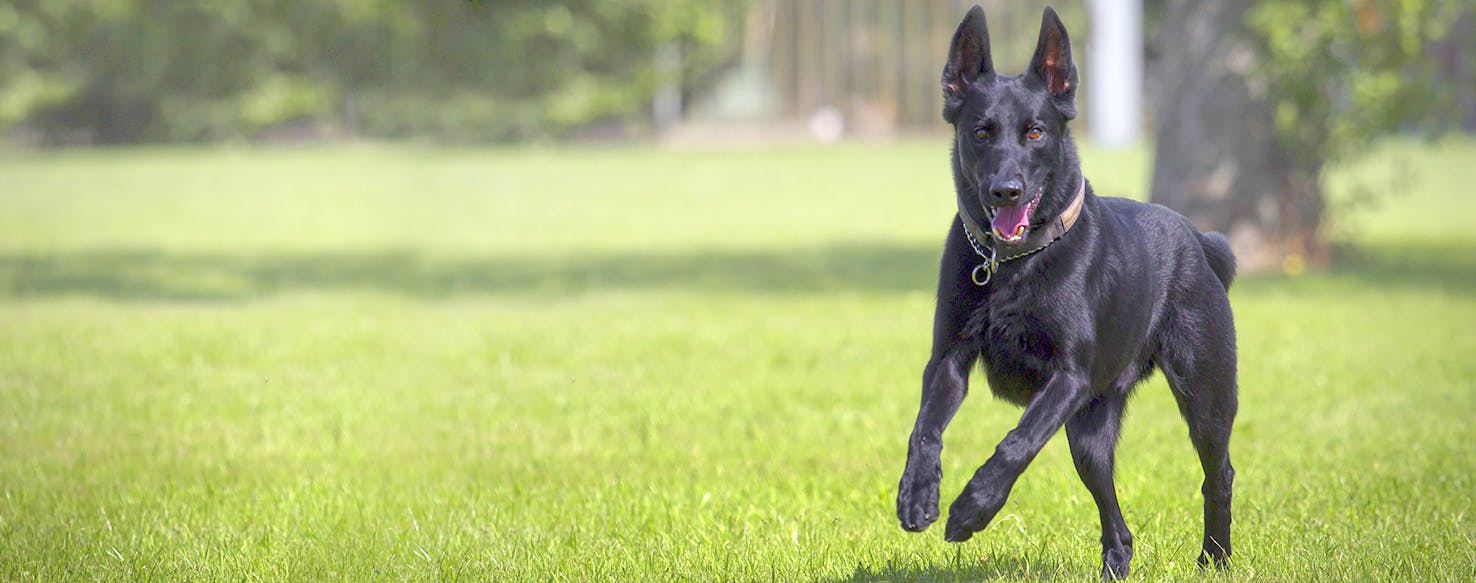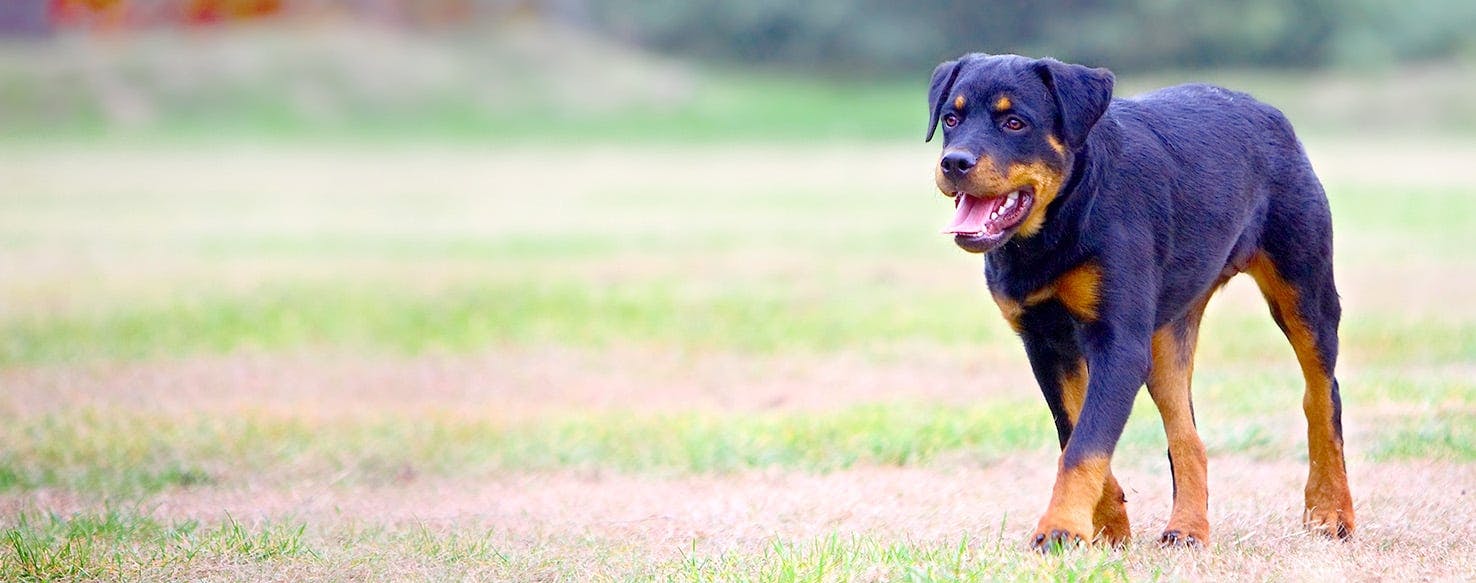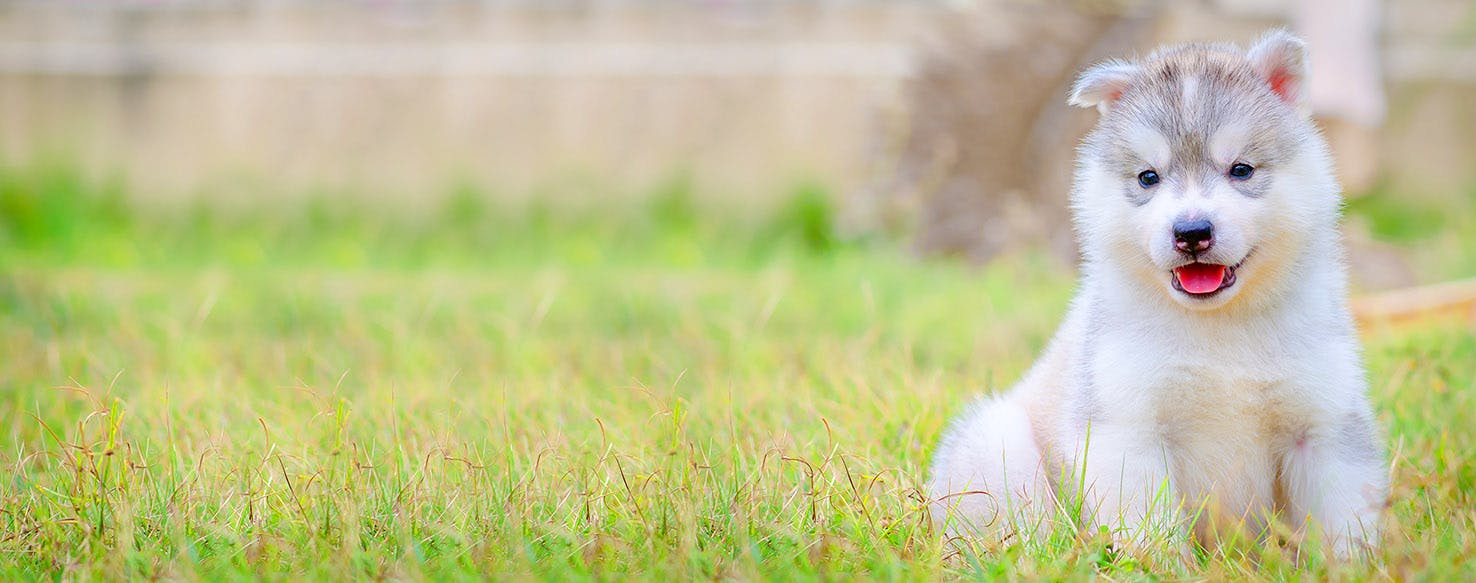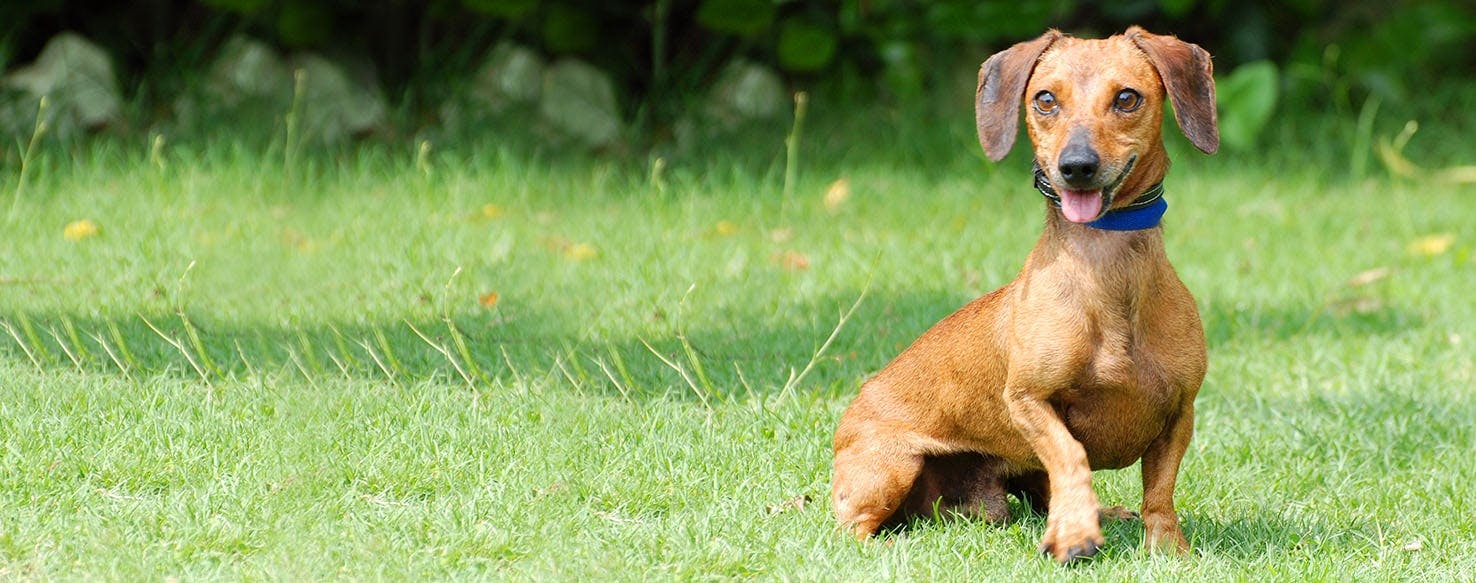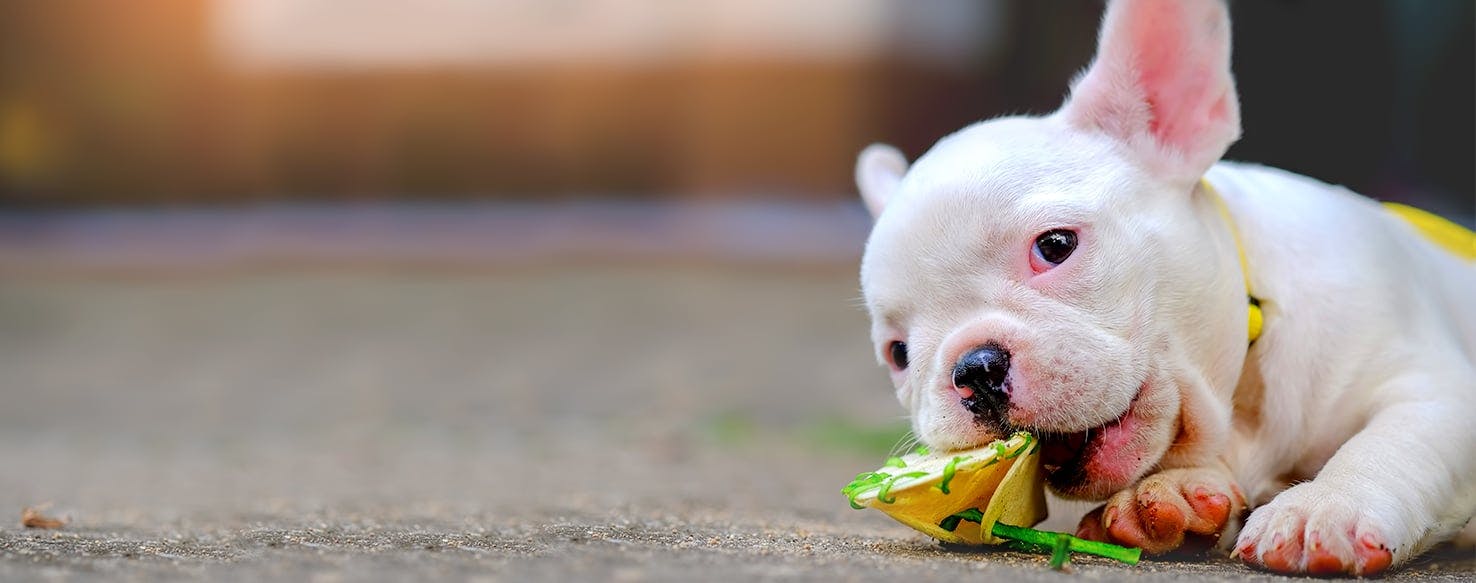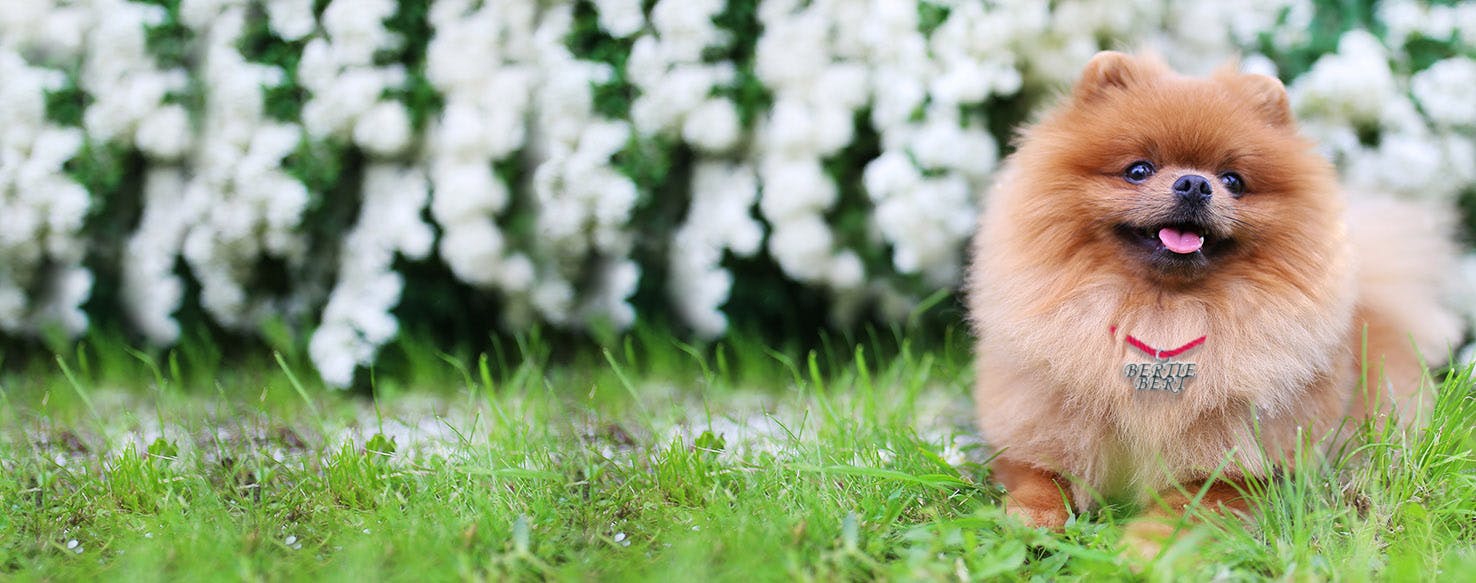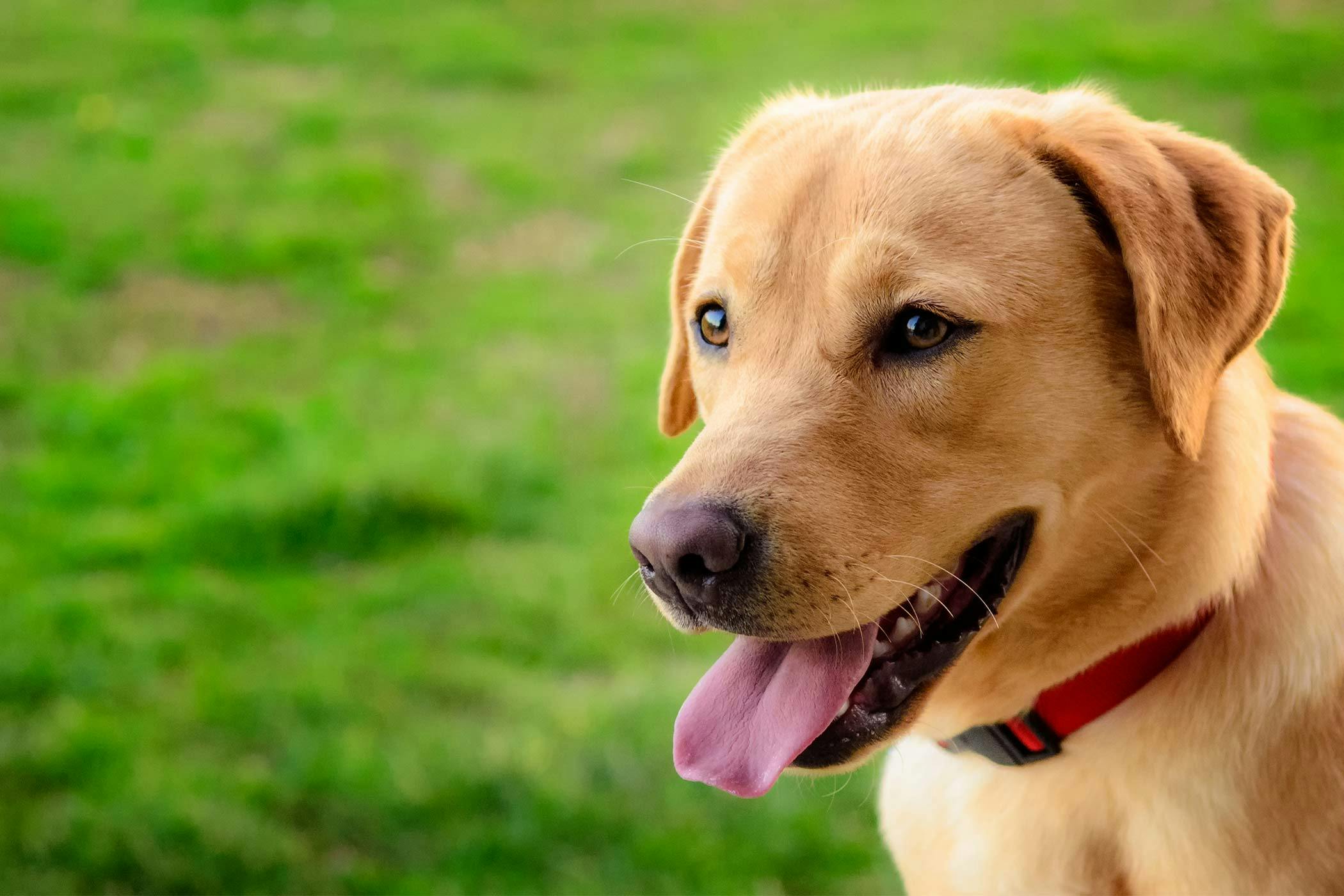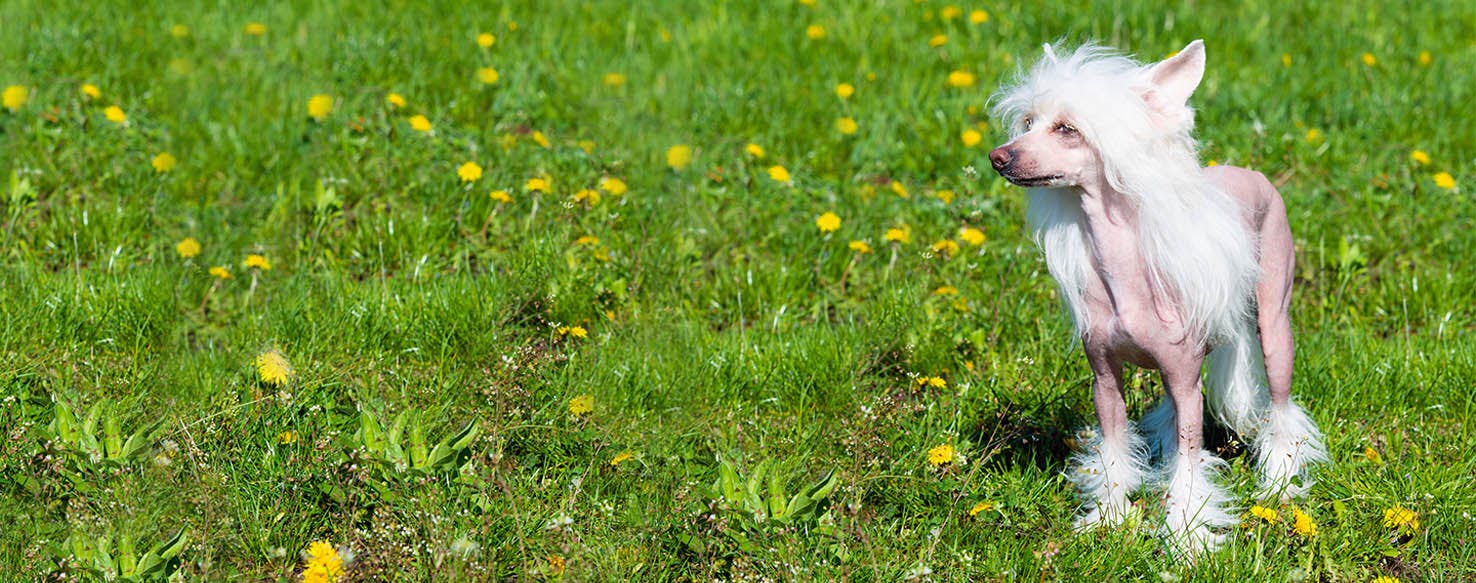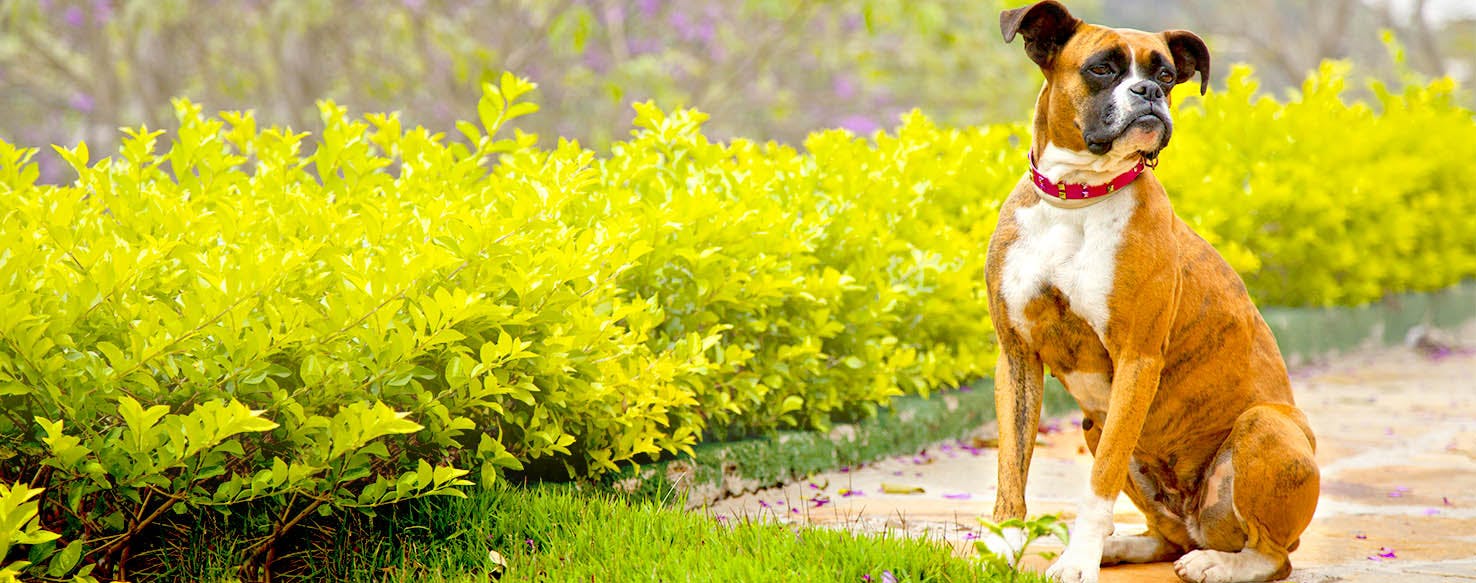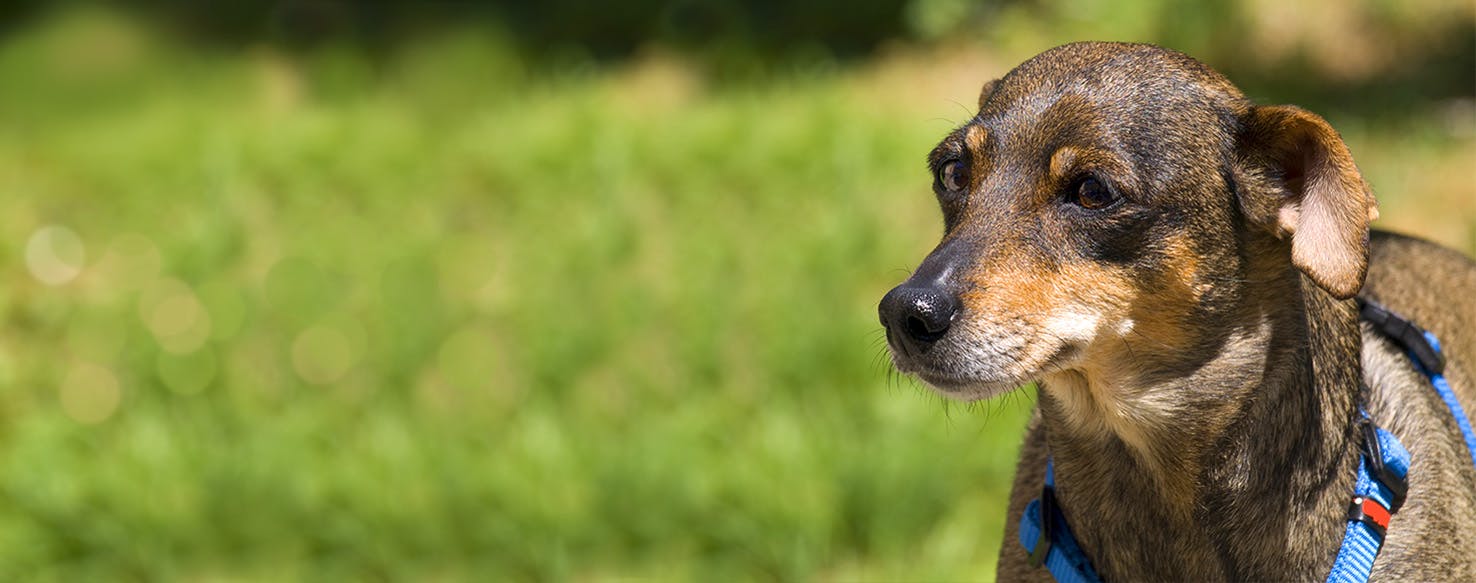Introduction
Small Greek Domestic Dog Names in Pop Culture
The story of the Odyssey is one that has been a classic for an extremely long time. Our spotlight dog of the day lives in this classic story world and relates directly to the old history of Odysseus. In fact, the story of Argos (or Argus) the dog is one that not only aids in telling the account of Odysseus, but also pulls on everyone's heart strings as we realize that this faithful and loyal dog is as devoted as they come. While Argos' breed is never clearly stated, we know that when he was living with Odysseus, he was the fastest and strongest tracking dog around. This means that most likely, Argos could have been within the Hound family and was definitely a working dog. However, this fact is not what makes Argos so special. It is the undying loyalty and devotion that he has towards his master, Odysseus.
Argos was raised by Odysseus from puppyhood and was an extremely faithful dog. When Odysseus left to fight Troy, there was no way to know just how long he would be away. Instead of just a short expedition as hoped, Odysseus was gone for 10 years fighting Troy, only to survive the war and spend another 10 years travelling to get back home to those he loved. That is a very long time to be away, but it is an even longer time for a dog to live. At this point in time, Argos was no longer the dog that Odysseus left behind. Gone was the strong and swift tracking dog, and in his place was a frail old pup that everyone had seemed to forget. It is heartbreaking to know that Argos seemed to just be holding on long enough to see his master once more.
Argos spent his final days laying on a trash pile, covered in fleas and mites, with no strength left to move. When Odysseus finally made it back home in disguise, he was so weathered and warn that not even his closest friends recognized him; but there was one who did, and that one was Argos. As Odysseus walked by his beloved dog, the old pup was able to drop his ears and wag his tail in recognition before he slipped into death. There is no doubt that Odysseus must have wished he could drop his disguise for just one moment in order to say goodbye to his best friend.
Small Greek Domestic Dog Name Considerations
Male Small Greek Domestic Dog Names
| Votes | Name | Vote |
|---|---|---|
| 0 |
Pan
A Satyr god of flocks and shepherds, of mountain wilds, hunting and rustic music
|
|
| 0 |
Eros
The god of love
|
|
| 0 |
Helios
A god of the sun who was later overshadowed by Apollo
|
|
| 0 |
Thanatos
A god of non-violent death
|
|
| 0 |
Aeolus
Greek god of the wind and air
|
|
| 0 |
Aristaeus
Minor god of animal husbandry, bee-keeping, and fruit trees
|
|
| 0 |
Attis
A minor god of vegetation along with fruits of the earth
|
|
| 0 |
Boreas
Greek god known as the "North Wind" and the bringer of winter
|
|
| 0 |
Caerus
The minor god of opportunity, luck and wonderful moments
|
|
| 0 |
Castor
One of the twins Zeus turned into the Gemini constellation
|
|
| 0 |
Cerus
A large bull that was tamed by Persephone and turned into Taurus
|
|
| 0 |
Dinlas
A son of Aphrodite who healed wounded warriors
|
|
| 0 |
Eurus
Known as the "East wind" who rules over the unlucky east wind
|
|
| 0 |
Glaucus
A fisherman who become immortal after eating a magic herb
|
|
| 0 |
Hermes
Messenger of the gods
|
|
| 0 |
Momus
The god of satire
|
|
| 0 |
Notus
The "South Wind" god
|
|
| 0 |
Oneiroi
Black winged demons that take on the form of dreams
|
|
| 0 |
Paean
The Olympian's physician
|
|
| 0 |
Phosphorus
Known as the Morning Star
|
|
| 0 |
Pollux
The second twin of the Gemini constellation
|
|
| 0 |
Satyr
A goat man
|
|
| 0 |
Myth
Inspired by the mythology where many of these names come from
|
|
| 0 |
Greek
The culture where this breed originates
|
|
| 0 |
Triton
Messenger of the sea
|
|
| 0 |
Pontus
An ancient pre-Olympian sea-god of the deep sea
|
|
| 0 |
Priapus
Minor fertility god
|
|
| 0 |
Charon
Ferryman for Hades
|
|
| 0 |
Zephyrus
The "West Wind"
|
|
| 0 |
Atlas
The god tasked with holding the world upon his shoulders
|
Female Small Greek Domestic Dog Names
| Votes | Name | Vote |
|---|---|---|
| 0 |
Persephone
Goddess of the underworld
|
|
| 0 |
Hebe
Goddess of eternal youth
|
|
| 0 |
Eris
The goddess of chaos, strife and discord
|
|
| 0 |
Selene
Goddess of the moon and known as mother of vampires
|
|
| 0 |
Eos
The goddess of the dawn
|
|
| 0 |
Iris
Goddess of the rainbow and another messenger for the gods
|
|
| 0 |
Achelois
Minor goddess whose name means “she who washes away pain”
|
|
| 0 |
Alectrona
Early goddess of the sun and possibly goddess of the morning
|
|
| 0 |
Amphitrite
Greek goddess of the sea and wife to Poseidon
|
|
| 0 |
Antheia
Goddess of flowers and flowery wreaths
|
|
| 0 |
Ate
The goddess known for mischief, delusion, ruin, and folly
|
|
| 0 |
Calliope
The muse of epic poetry and wisest of all the Muses
|
|
| 0 |
Calypso
A sea nymph who is said to be the daughter of Atlas
|
|
| 0 |
Ceto
Primordial sea monster goddess
|
|
| 0 |
Circe
A goddess of magic
|
|
| 0 |
Clio
The muse of history
|
|
| 0 |
Cybele
Goddess of caverns, mountains, nature and wild animals
|
|
| 0 |
Elpis
The spirit and personification of hope
|
|
| 0 |
Enyo
Minor goddess of war and destruction
|
|
| 0 |
Enterpe
The muse of music and lyric poetry
|
|
| 0 |
Hemera
Primordial goddess of daytime and daylight
|
|
| 0 |
Melpomene
Originally the muse of singing who then became the muse of tragedy
|
|
| 0 |
Polyhymnia
The muse of sacred poetry, sacred hymn, dance, and eloquence
|
|
| 0 |
Taygete
A mountain nymph
|
|
| 0 |
Thalia
The muse of comedy and idyllic poetry
|
|
| 0 |
Thetis
Sea nymph and goddess of water
|
|
| 0 |
Muse
Nine goddess of the arts
|
|
| 0 |
Urania
Muse of astronomy and astrology
|
|
| 0 |
Styx
Goddess of the river Styx
|
|
| 0 |
Erato
Muse of lyric poetry, especially love and erotic poetry
|
